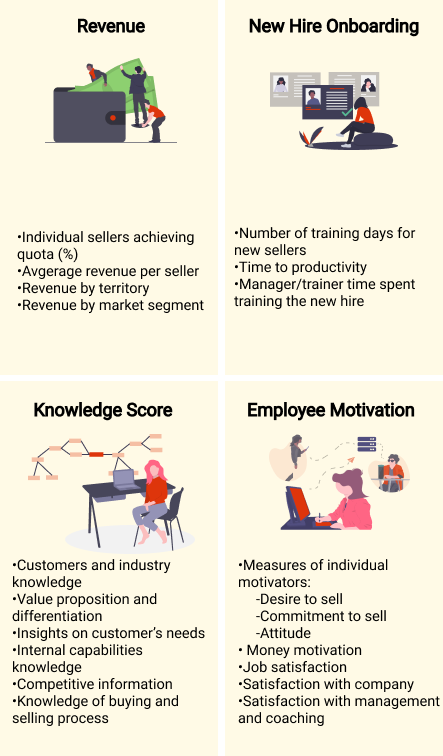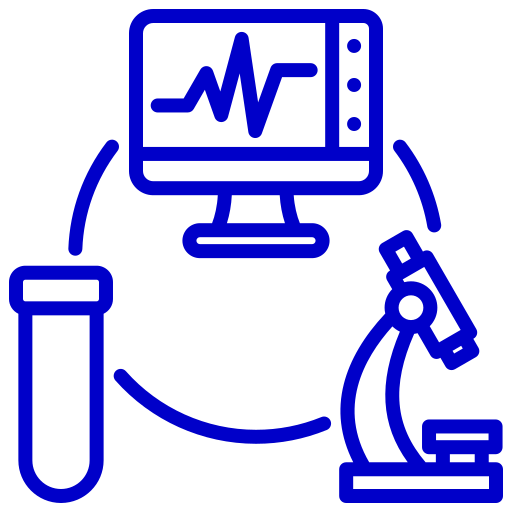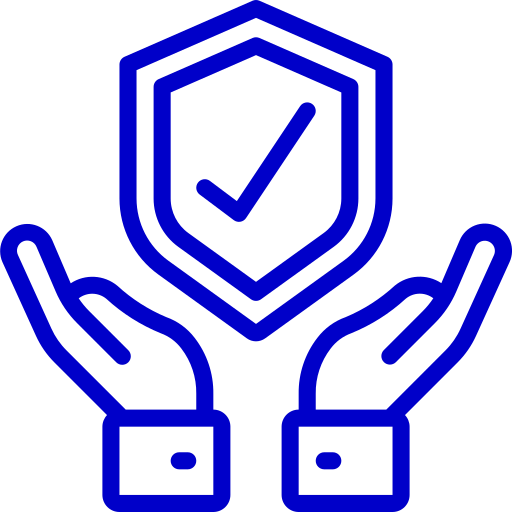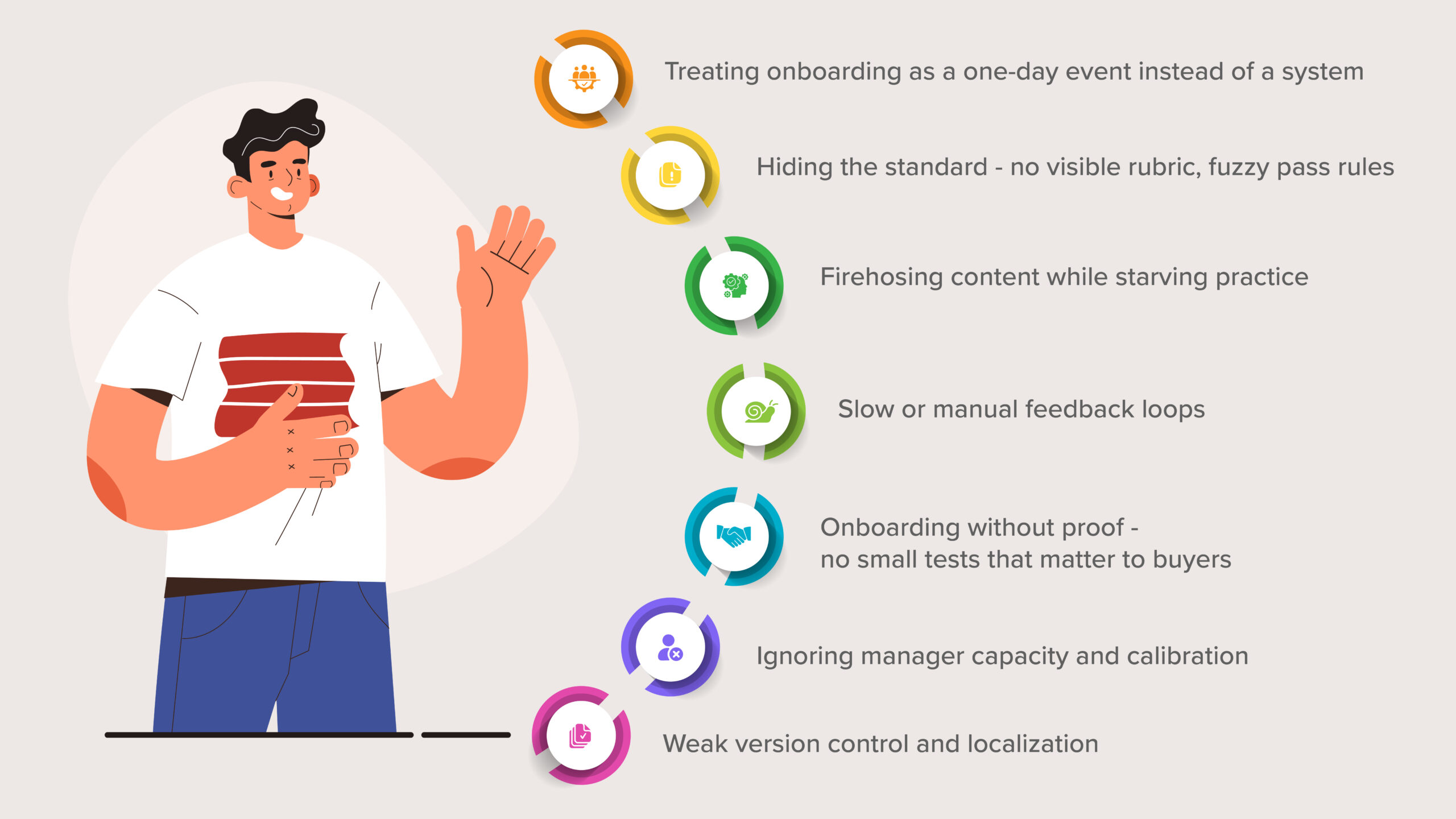Sales Coaching Playbook Part 3- How to Measure Success of Coaching

- creating a structured framework for coaching and
- training the sales managers to coach their sales team
- Increased revenue
- Better forecast accuracy
- High employee retention
Use of Scorecards:
Scorecards are a great way to measure sales activities that matter to your business. Select sales activities that you can measure as metrics to determine your coaching success. Use your CRM system to get the data related to these metrics. Use scorecards to measure these metrics for each individual rep.
Here are some important metrics to consider while measuring the success of your coaching efforts:

1. Improved Sales:
Increased sales is a primary indicator of successful sales coaching. If your sales have increased, identify what has contributed to that increase. Then, do more of it during your coaching sessions.
You can measure this data about raise or drop in sales from your CRM system. Make sure to extract this data after every coaching session.
If your team’s sales are not improving, engage your reps in a dialogue of what they need from you to improve their sales results. Usually when sales do not go up, it’s because the sales managers are focused on imparting their knowledge rather than improving the reps sales thinking skills. If this is the case with you, adapt your sales coaching accordingly.
2. Greater Retention of Higher Performers:
High performing salespeople thrive on their success. When your coaching is effective, your high performing sales reps do their job even better. As a result, they bring in more sales for you. Since they have been provided with the opportunity of learning and improving professionally, they develop a sense of loyalty to you. This makes them stay with the organization and contribute towards its success.
You can get the data to measure employee retention from the HR database.
3. Higher Customer Satisfaction:
An effective sales coaching, makes the sales reps discuss the details of their sales conversations and focuses on improving them. As a by-product of that, sales reps will be able to Better understand their customer’s needs Meet customer’s expectations Build trusting relationship with the customers This results in creating a high-level customer satisfaction. You can measure your customer satisfaction using the NPS tool (Net promoter score)
4. Quicker new hire ramp-up
If there are new hires joining the team, it is important to get them to hit the floor as soon as possible.This is where coaching plays an important role. When coaching is done well, it significantly reduces the time to productivity of the new hires. It makes the new hires work at par with the existing team members within no time. You get the data about the status and progress of your new hires from the HR database. If you find that your new hires are not able to get on board quickly, you might want to increase the frequency of coaching for them.
5. Increased Team Morale:
- Motivates individuals in the team and improves team morale
- Increases job satisfaction for the employees
- Increases employee’s satisfaction with the company, management, and coaching
- Your sales reps will have a strong desire and commitment to sell
- Your sales reps will be highly motivated to quickly make the sale and close more deals
- You will observe desired behaviour change in the reps
6. Increased employee productivity
When salespeople are coached well, they typically become more productive. They will be able to work quickly and efficiently as coaching causes them to think better. They will be able to make sales and close deals much faster.
If your team’s productivity has not improved, consider asking your team more about how they do things. This will help you in improving your coaching to be more effective.
It is of utmost importance to measure the success of your sales coaching. This ensures that your methods are working and helps you make improvements where ever necessary.
Looking for more on Sales Coaching PlayBooks?Permalink
Sales Coaching PlayBook Part 1 – Competency Framework
Sales Coaching PlayBook Part 2 – Training the managers to Coach
Are you Planning to Implement Video Coaching in your Sales Process?Permalink
5 Reasons to use Video Coaching in your Sales Process
Best Practices to drive Video Coaching
Searching for Sales Coaching Templates?Permalink
Sales Coaching Template for Managers
What is the difference between a manager and a coach?Permalink
Coach or Manager? What does your team want?
SmartWinnr’s on-the-job coaching automates your sales coaching process. Plugin your own competency frameworks to measure and coach your sales teams. Managers play a crucial role in the coaching process. They do baseline assessments, set coaching goals for joint field visits, and provide crucial feedback to their sales reps.
Curious to learn more about it? Book a demo today!
Related Posts
Hybrid Coaching: The Future of L&D Training
AI vs Human Coaching: Why the Future Is Hybrid Coaching “Our trainers spend a week per cohort—and still hear ‘My...
AI Roleplay for Insurance Teams: Sales Training at Scale
AI Roleplay for Insurance Teams: Sales Training at Scale Today’s customer-facing insurance professionals face a landscape that’s far more complex...
7 Statistics that Demonstrate Continuous and Customised Coaching/Training is vital to Achieving Revenue Objectives
Benjamin Franklin once said “an investment in knowledge pays the best interest”, and we think Mr. Franklin got it spot...
Looking for a sales training software that takes your sales training to a whole new level?
Explore SmartWinnr’s Learning and Gamification features. Learn how to run fun and engaging sales training and sales coaching for your team through SmartWinnr.
Curious to learn more about it? Book a demo today!
 Two way AI Role Plays
Two way AI Role Plays Targeted Learning
Targeted Learning Gamification
Gamification Sales Coaching
Sales Coaching Sales Contest
Sales Contest Implementation
Implementation Consulting
Consulting Enterprise Ready
Enterprise Ready Pharmaceuticals
Pharmaceuticals Medical Devices
Medical Devices Insurance
Insurance Banking
Banking Technology
Technology Senior Living
Senior Living Sales
Sales Call Centers
Call Centers Marketing
Marketing Improve Sales Productivity
Improve Sales Productivity New Hire Onboarding
New Hire Onboarding New Product Launch
New Product Launch Channel Partner Training
Channel Partner Training Sales Events
Sales Events Success Stories
Success Stories Whitepapers and eBooks
Whitepapers and eBooks Contest Template Designer Tool
Contest Template Designer Tool Sales Training
Sales Training Gamification
Gamification All Blogs
All Blogs
